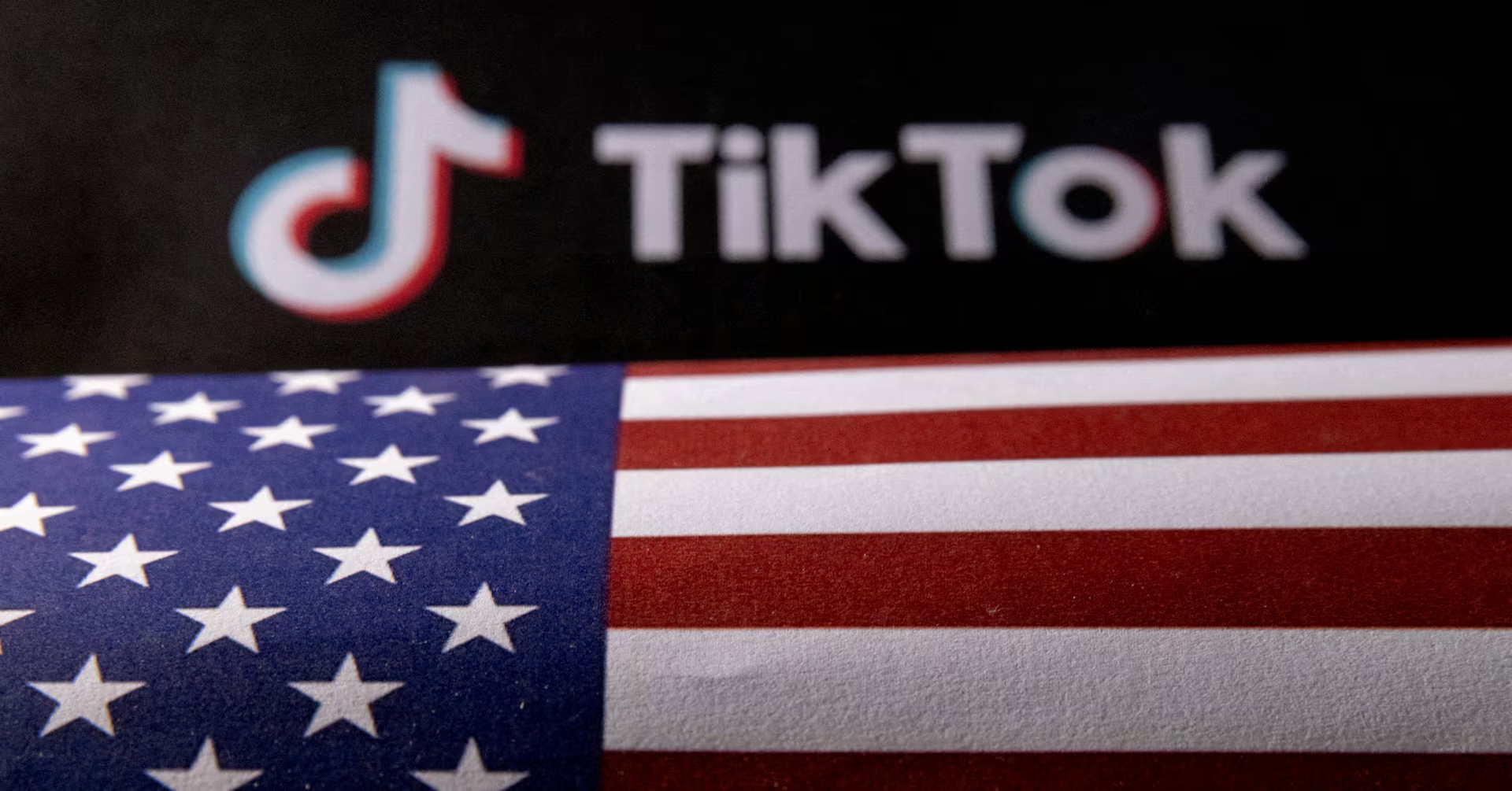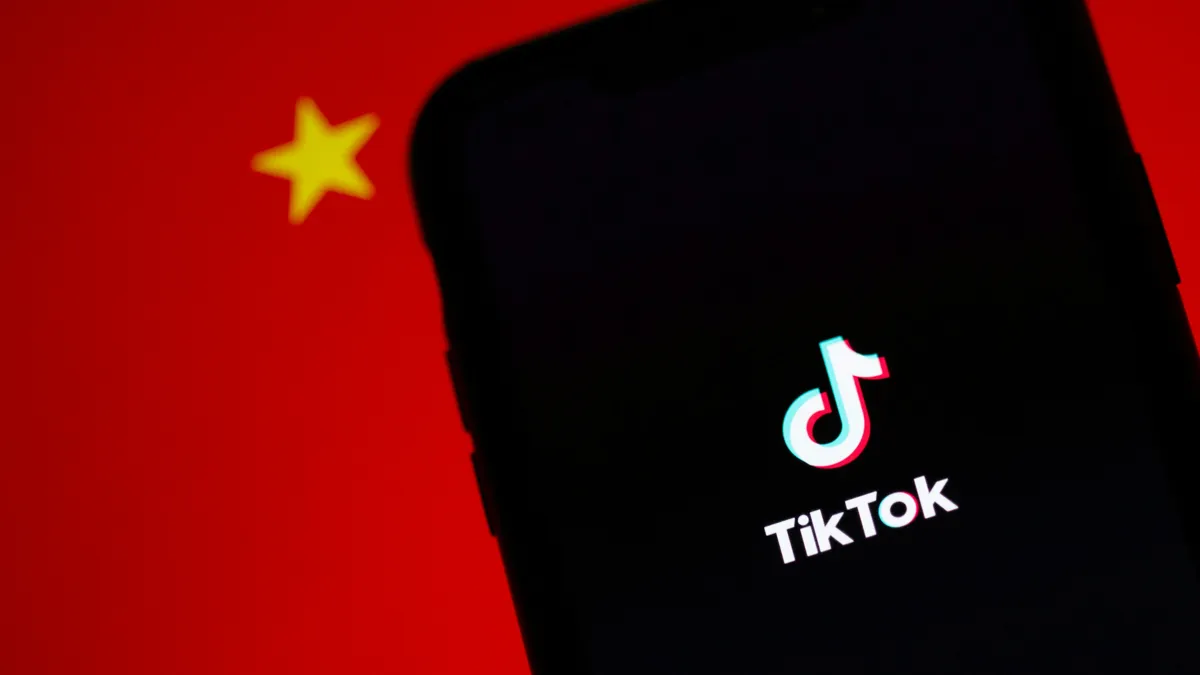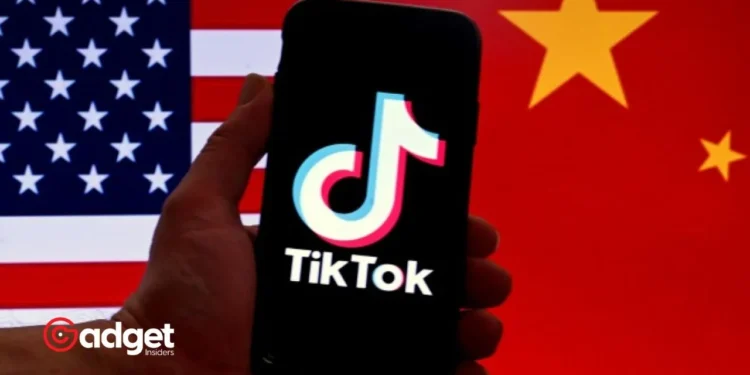In a move that reflects the ongoing complexity and controversy surrounding TikTok, the U.S. Senate is considering a one-year extension on the deadline for ByteDance, the Chinese parent company of the video-sharing platform, to divest its U.S. operations. This development comes amid heightened scrutiny over the app’s data security practices and its immense popularity among American users.
Senator Maria Cantwell, chair of the U.S. Senate Commerce Committee, confirmed the discussions, emphasizing the need for a thorough and unrushed legislative process.
The potential extension aims to provide adequate time to address the myriad concerns and ensure a robust legal framework for any forthcoming actions.

TikTok: The Stakes in the Senate
The discussion on TikTok’s future in the U.S. market follows a significant vote by the House of Representatives, which, on March 13, overwhelmingly supported a measure giving ByteDance about six months to sell off TikTok’s American assets.
Failure to comply could lead to an outright ban of the app, which boasts 170 million users in the U.S. alone.
US Senator says TikTok divestiture deadline could be extended to one yearhttps://t.co/YI4SH9Rpd0
— CNBC-TV18 (@CNBCTV18Live) April 11, 2024
The legislation, known as the “Protecting Americans from Foreign Adversary Controlled Applications Act,” sparked a broad debate across the tech industry. It highlighted critical issues concerning national security, civil liberties, and the extent of government intervention in the digital space.
Despite the House’s decisive action, the bill’s fate now hangs in the balance in the Senate, where consensus remains elusive. Senator Cantwell noted the importance of reinforcing the bill to withstand legal scrutiny, recalling unsuccessful attempts to ban the app under the Trump administration and by the state of Montana.
“The Senate may consider the House bill,” Cantwell stated. “However, our goal is to strengthen the legislation and ensure its solid legal foundation.”
Bipartisan Efforts for Data Privacy
In a related development, Cantwell, alongside Representative Cathy McMorris Rodgers, introduced a draft of the bipartisan “American Privacy Rights Act” on April 8.
This proposed legislation focuses on enhancing data privacy protections and limiting the scope of data collection by tech giants, a move partly inspired by the ongoing TikTok saga.

This act would enable Americans to block the sale or request the deletion of their personal data, addressing widespread concerns about privacy in the digital age.
Political Rhetoric and Corporate Responses
Amidst these legislative maneuvers, TikTok remains at the center of a geopolitical storm. Senate Republican Leader Mitch McConnell referred to TikTok as “America’s greatest strategic rival,” echoing widespread security concerns among American households.

In defense, TikTok argues that a ban would violate the First Amendment rights of its American users. The company asserts its commitment to user data protection, with investments surpassing $1.5 billion to secure and store data within the U.S. boundaries, countering claims about sharing data with foreign entities.
Looking Ahead
As the Senate deliberates the next steps, the global tech community and millions of American TikTok users await a resolution that balances security concerns with digital freedom.
The outcome will likely have profound implications for international business operations, digital policy, and the ongoing dialogue around privacy and security in the digital age.










